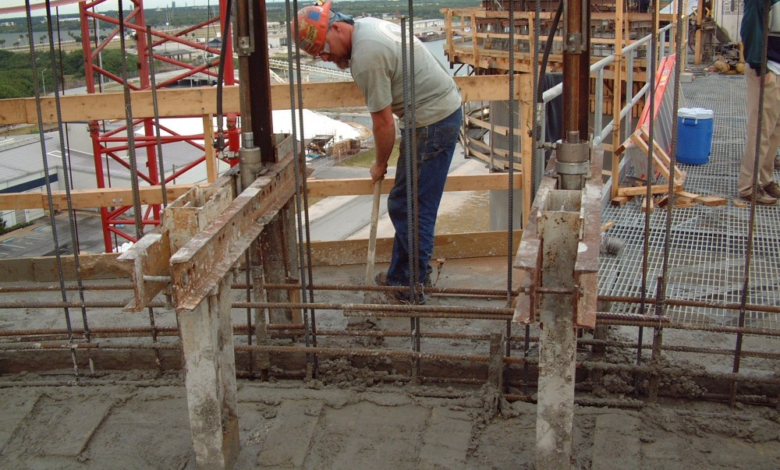Building the Future: The Impact of Slipform Contractors on Infrastructure

In the realm of construction, the methods and techniques used can significantly influence the durability and efficiency of infrastructure projects. One of the most innovative and effective approaches in modern construction is slipforming, a method that has gained prominence due to its ability to deliver high-quality structures with reduced time and labor costs. Slipform contractors are at the forefront of this movement, playing a critical role in shaping the future of infrastructure.
Understanding Slipform Construction
Slipform construction is a continuous pouring method where concrete is poured into a moving formwork, allowing for the seamless construction of tall structures such as silos, bridges, and towers. This technique contrasts with traditional methods that often involve assembling prefabricated components or using static forms. The slipform process is highly efficient, enabling uninterrupted concrete placement and minimizing joints, which can be potential weak points in a structure.
The Role of Slipform Contractors
Slipform Contractor specialize in this unique technique, providing expertise in the planning, execution, and maintenance of slipform projects. Their responsibilities encompass a wide range of activities, including:
- Project Design and Planning: Slipform contractors collaborate with architects and engineers to design structures that leverage the slipform method’s advantages. This collaboration ensures that the designs are not only feasible but also optimized for durability and cost-effectiveness.
- Equipment and Material Selection: The success of slipform construction relies heavily on the right equipment and materials. Contractors must select high-quality concrete mixes and advanced machinery to achieve the desired results. Slipform contractors are knowledgeable about the latest advancements in technology and materials, allowing them to make informed choices.
- On-Site Management: Effective management during the construction phase is crucial. Slipform contractors oversee the day-to-day operations, ensuring that everything runs smoothly. Their presence on-site helps to quickly address any issues that may arise, preventing costly delays.
- Quality Control: Maintaining the integrity of the construction process is vital. Slipform contractors implement strict quality control measures, ensuring that the concrete is poured consistently and that the resulting structure meets the required specifications.
Advantages of Slipform Construction
The impact of slipform contractors on infrastructure projects extends beyond mere execution; it encompasses numerous benefits that significantly enhance the overall construction process:
1. Speed and Efficiency
Slipform construction is renowned for its speed. The continuous nature of the process allows for faster project completion compared to traditional methods. Slipform contractors can achieve significant time savings, which is especially beneficial in projects with tight deadlines.
2. Structural Integrity
The seamless concrete pour minimizes joints and seams, leading to enhanced structural integrity. This reduction in weak points is crucial in ensuring the longevity of the structure. Slipform contractors prioritize quality, contributing to the durability of the finished product.
3. Cost-Effectiveness
By streamlining the construction process and reducing labor requirements, slipform contractors can help bring down overall project costs. The efficiency of the slipform method often leads to lower material wastage and less need for extensive labor hours, making it a financially savvy choice for many projects.
4. Versatility
Slipform construction is adaptable to various types of structures, from tall buildings to complex industrial facilities. Slipform contractors can apply this technique across a wide range of projects, making them valuable partners in diverse construction endeavors.
The Future of Infrastructure
As cities continue to expand and the demand for robust infrastructure grows, the role of slipform contractors becomes increasingly vital. Their expertise in slipform construction not only helps to meet the challenges of modern building but also positions them as key players in the sustainable development of urban environments.
With advancements in technology and materials, the future of slipform construction looks promising. Slipform contractors are continually adapting to new methodologies, such as automated slipform machines and improved concrete formulations, which will further enhance the efficiency and quality of infrastructure projects.
Conclusion
The impact of slipform contractors on infrastructure is profound and far-reaching. By embracing innovative construction techniques and prioritizing quality, these professionals are building the future of our cities and communities. As infrastructure demands continue to grow, the expertise of slipform contractors will be essential in delivering high-quality, sustainable solutions that stand the test of time. Their role in shaping the landscape of modern construction cannot be overstated, making them indispensable in the quest for better infrastructure.







